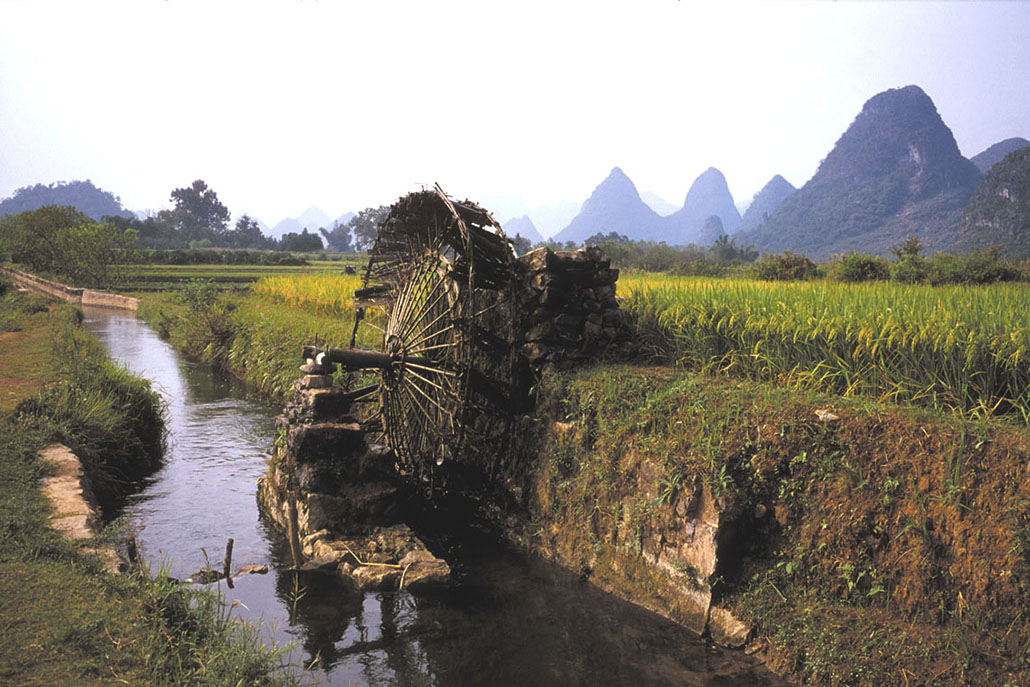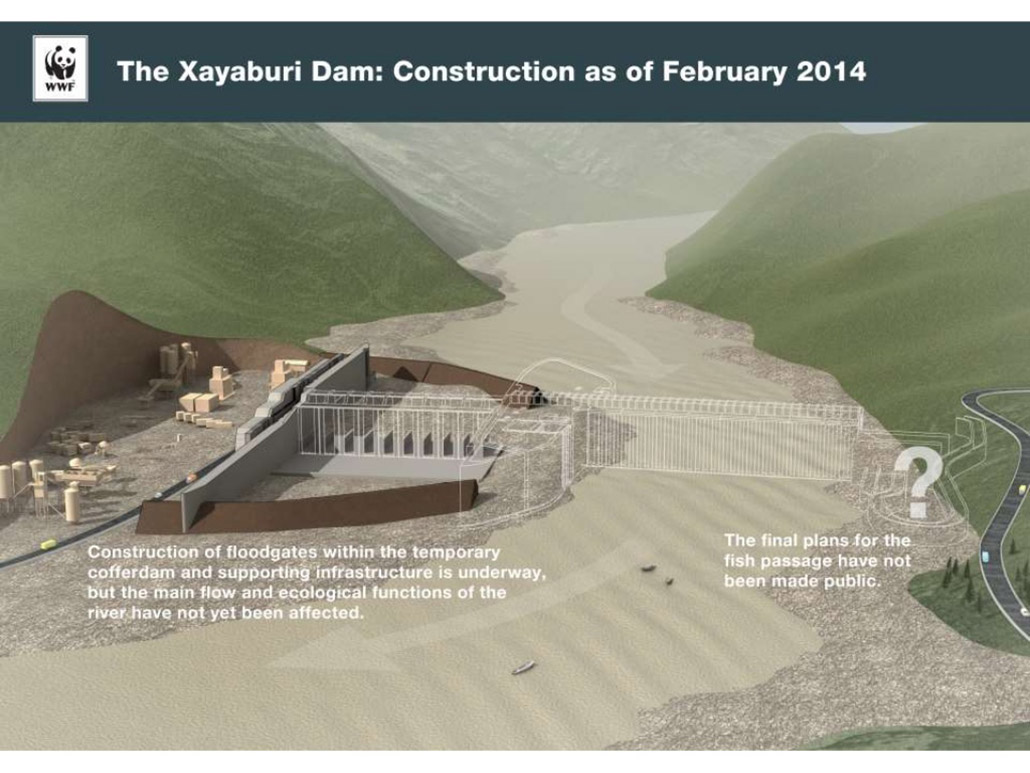Improving hydropower decision-making processes in the Mekong Basin
Place: GMS • Dates: 2012 • Partner: CGIAR
Project Summary
This project’s focus is on understanding and improving the ways in which decisions are made with respect to hydropower (HP) location, coordination, development and operation in the Mekong River Basin.
This project addresses the little understood problem of the flawed HP decision-making processes. The drivers and structures, which determine where HP facilities are located and how they are developed and managed are typically obscure in the Mekong, which has resulted in a great deal of criticism of Mekong HP, and to potentially poor decisions that have severe consequences for the environment and natural resource dependent groups, both in the short and long-term (cf.Grumbine andXu, 2011;Foranet al. 2010).
The project’s objective is to improve the way in which decisions are made with respect to dam development, operation and function in the Mekong Region.
This project will use political ecology as its conceptual framework. Political ecology has been employed as a powerful tool to analyse power, economics and politics under environmental change in the Mekong Basin (cf. Bakker, 1999;Sneddon and Fox, 2006). The project will draw on the analytical techniques that this discipline has developed. Within this framework, a variety of methodologies will be implemented: (a) political network analysis; (b) systems analysis; (c) financial flows assessment; (d) social psychology; and (e) capacity building.
The project’s focal problem and its framework will be addressed by a partnership between seven regional partners. These partners will work in collaboration with each other to provide a multi-disciplinary and regional perspective.
The project structure will study the political ecology of HP decision-making in the Mekong. The study uses impact assessments (Environmental and Social Impact Assessments) as a proxy for how decisions are made, and this is the key indicator tracked throughout implementation. Research will be implemented in China, Laos, Thailand, Cambodia and Vietnam through partners.
The project focuses on relations between levels, i.e. between local communities and districts; between districts and provinces etc, as described below.
We have divided the project into seven discrete components that are broadly based on the countries where the project will be implemented:
- Component 1 is the Chinese component, lead by the School of International Studies, University of Peking, and supported by the Greater Mekong Subregion Study Centre, Yunnan University.
- Component 2 is the Thai component, which will be lead by the Faculty of Political Science at Chulalongkorn University.
- Component 3 is the Vietnamese component, which will be led by The Center for Water Resources Conservation and Development (WARECOD).
- Component 4 is the Cambodian component, which will be lead by the Department of Environmental Science, Royal University of Phnom Penh.
- Component 5 is the Lao component to be lead by the Faculty of Law and Political Science at the National University of Laos.
- Component 6 is an interregional component exploring financial flows within the Mekong HP sector, and which will be lead and implemented by a consultant.
- Component 7 is the coordination component, lead by the D Foundation for Doing Good Work.
If this project is successful, then decisions regarding the development and placement of hydroelectric dams will be more open, inclusive and transparent, as will decisions regarding their functions and operation (multi-purpose or single-purpose). These decisions will also take into account dam’s placement within a broader hydrological and social context. Combined, such improved decision-making processes will contribute to reducing the negative social and environmental impacts of dam construction and operation in the Mekong Region, and enhancing the benefits to be derived from hydroelectric dam development.
This proposal recognizes that research-for-development capacities across the region are patchy. Hence, we have built in support modules to the project, in which Chulalongkorn will backstop the Faculty of Law and Political Science at National University of Laos NUOL; while Yunnan and Peking Universities will work closely together.
Most Recent Entries

Low Carbon Biomass Conversion in the Sierra Nevada






